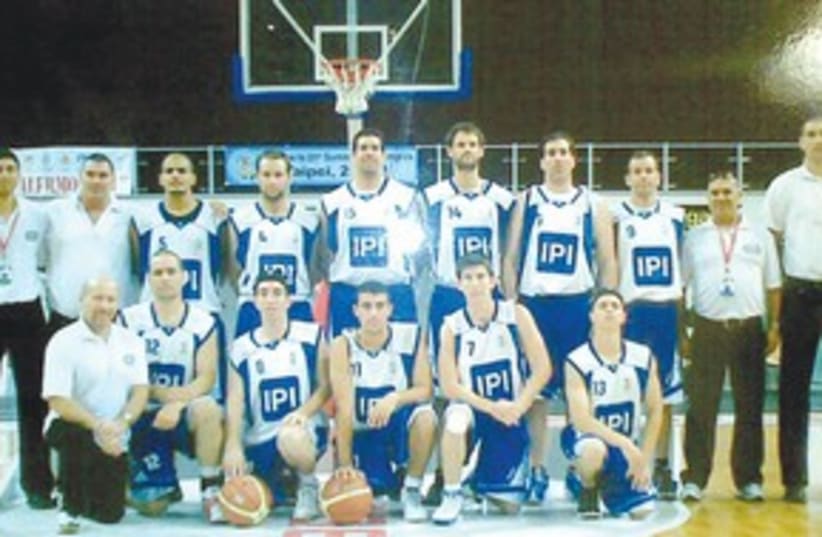It’s time to hear the pleas of deaf athletes in Israel
Sinai Says: On September 16, 3rd World Deaf Basketball Championships will get underway in Italy, and once more Israel nat'l team has been forced to beg for money in order to represent the country that shamelessly fails to fund it.
